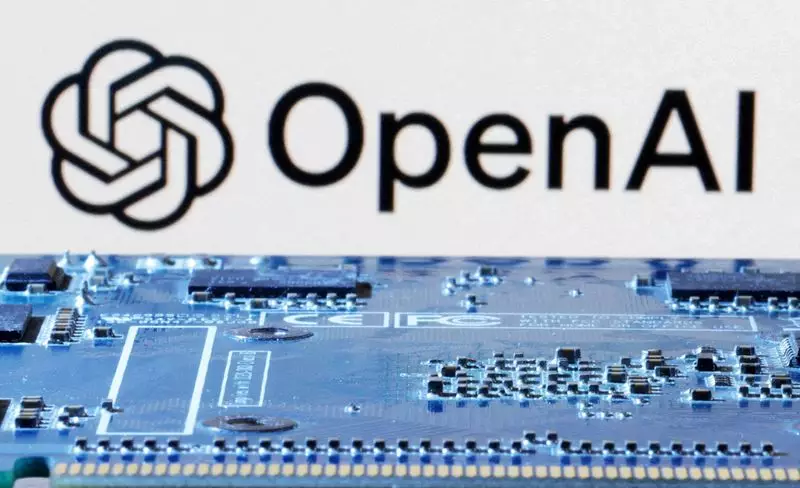Recently, whistleblowers at OpenAI have raised concerns about the company’s allegedly restrictive non-disclosure agreements. The whistleblowers claim that employees were required to sign agreements that limited their ability to raise concerns about the company to federal authorities. This includes overly restrictive employment, severance, and nondisclosure agreements that could potentially penalize workers who speak out.
One of the most alarming aspects of the complaint is that employees were forced to waive their federal rights to whistleblower compensation. This means that individuals who wanted to report misconduct within the company may have faced consequences for doing so. Additionally, employees were required to obtain prior consent from OpenAI before disclosing any information to federal regulators, further inhibiting their ability to speak out against potential violations.
According to reports, OpenAI’s agreements did not provide exemptions for employees to disclose securities violations to the SEC. This lack of flexibility in the nondisparagement clauses meant that employees were effectively silenced when it came to reporting any illegal activities or unethical behavior within the company. This raises serious concerns about transparency and accountability at OpenAI.
SEC Response
The Securities and Exchange Commission has not yet confirmed whether they have received a whistleblower submission regarding OpenAI. The SEC typically does not comment on ongoing investigations or complaints, so it remains to be seen how they will respond to the allegations raised by the whistleblowers. It is crucial for regulatory bodies to take these concerns seriously and conduct a thorough investigation into the matter.
OpenAI’s Responsibility
As a leading artificial intelligence company, OpenAI has a responsibility to uphold ethical standards and ensure a safe working environment for its employees. The creation of a Safety and Security Committee is a step in the right direction, but more needs to be done to address the allegations of restrictive agreements and whistleblower suppression. Transparency, accountability, and a commitment to upholding employee rights are essential for fostering trust and integrity within the organization.
The OpenAI whistleblower complaint sheds light on the importance of protecting whistleblower rights and promoting a culture of ethics and transparency within the workplace. It is essential for companies to prioritize the well-being of their employees and create an environment where concerns can be raised without fear of retaliation. The allegations against OpenAI highlight the need for greater oversight and accountability in the tech industry, particularly as artificial intelligence becomes increasingly integrated into our daily lives.

